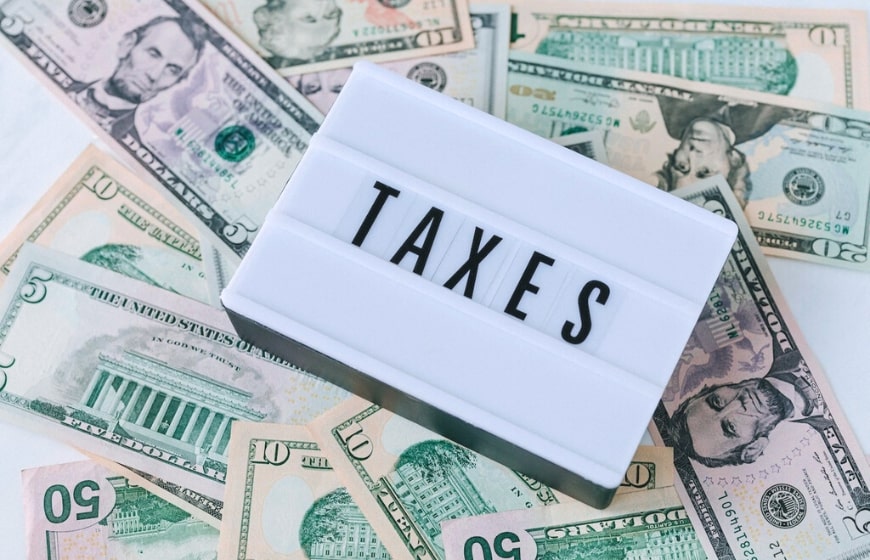
Managing a rental property is a much bigger job than most people realize. One area where many landlords need help is accounting. Learning the many aspects of rental property accounting can be difficult. However, it is one of the most essential parts of running a rental property business.
This post is part two about important points relating to rental property accounting. If you want to see the first five points from part one, click here. This post is meant to touch on aspects of rental property accounting. For more detailed information, please contact a certified public accountant.
5 Important Aspects of Rental Property Accounting
Tax Deductions
Understanding tax deductions is essential to managing a rental property’s finances. You need to know every deduction so you can reduce your tax liability. However, you must also understand what you can’t deduct to avoid tax penalties. Generally, a property owner can deduct any expense that contributes to the regular operation of the business. For example, you can deduct maintenance expenses. Landlords might also be able to deduct property taxes and mortgage interest. It is important to consult a tax professional to learn what is and is not deductible.
Depreciation
Depreciation is an important point to understand when it comes to deductions. Some assets depreciate rather than being a deduction all in the year you pay for them. For example, the building on the property depreciates over time instead of being a straightforward deduction. However, certain types of repairs may apply for deductions or depreciation. Advice from a tax professional is vital when understanding the difference.
Security Deposits
Many landlords collect security deposits when new tenants sign a lease. It is a smart way to protect your investment. However, just because you receive money does not mean it counts as income. If the plan is to return the deposit when the tenant moves out, the deposit does not count as income. You only record it as income if you need to keep some or all of it. Landlords should also keep separate accounts for security deposits.
Advance Rent
Some landlords might collect the first and last months’ rent when a new tenant signs a lease. Tenants might also pay rent a few months in advance. Do you record this income when you receive it or at the time it applies to a rent payment? The general rule is to record the income when you receive it.
Accounting Software
Landlords can benefit from accounting software. There may also be property management systems that have financial reporting and accounting features. Many of these software tools can connect with other systems to automate various parts of accounting and bookkeeping. It can save time and ensure accuracy in accounting. However, you may still need the services of a professional accountant to help with taxes.
New Orleans Property Management
Do you need help managing New Orleans rental properties? Click here to contact Redfish Property Management. Our expert management services can help you streamline operations and maximize value at rental properties.
Thanks for visiting!




